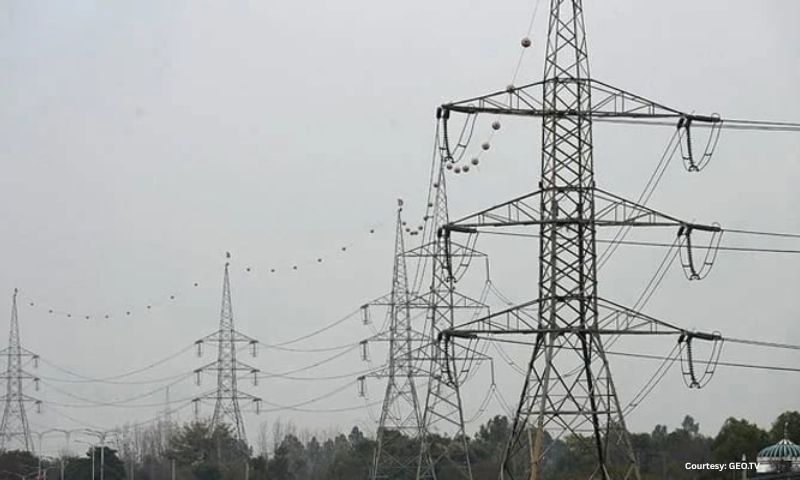ISLAMABAD – Prime Minister Shehbaz Sharif has once again halted efforts to revise Pakistan’s solar net-metering policy, marking the third such intervention. The Power Division had prepared a summary proposing to reduce the buyback rate from Rs27 to Rs11.3 per unit, aligning with the solar generation tariff of existing Independent Power Producers (IPPs). The plan also included a revised billing and settlement mechanism along with new net-metering regulations. However, before the summary could reach the Prime Minister’s office, the Power Division was instructed to cease the campaign.
A senior official in the Power Division confirmed the directive, stating that the Prime Minister’s Office had ordered them to stop the campaign against net metering. The official added that the division had engaged the Ministry of Information and Broadcasting to build a narrative to be followed by the presentation of a summary to the federal cabinet. Despite these efforts, the plan was shelved due to severe criticism from civil society and ‘prosumers’—consumers who also produce electricity.
Earlier, a change in the buyback arrangement for net metering, cleared by the Economic Coordination Committee (ECC) of the cabinet, was turned down by the federal cabinet. Power Minister Awais Leghari had announced plans to take a revised proposal to the cabinet, based on consultations with some stakeholders, to stagger the recovery of investment in net metering to two to three years from the current one and a half years.
The existing Rs27 per unit buyback rate is considered by the Power Division as exorbitant and unsustainable, even though power distribution companies, including K-Electric, seldom make payments to prosumers. The Power Division had earlier suggested no change in rates for existing prosumers but reduced rates for those in the pipeline, along with fixed charges against sanctioned load.
According to official estimates, about 325,000 net-metered connections exist in the country with an installed capacity of about 6,500MW. The Power Division and distribution companies claim almost equal or more systems in the pipeline, but these projections are based on solar panel import data of the State Bank of Pakistan, which has been challenged by the Senate Standing Committee on Finance on the basis of trade-based money laundering cases reported by the Federal Board of Revenue (FBR).
This story has been reported by PakTribune. All rights reserved.



